"After returning, it takes about 10 to 20 minutes for a person to process what has just happened. A 20-day mission is so intense, with so many hours of work packed into it, that you're basically running on full speed the whole time. There’s so much adrenaline throughout the entire mission that a sense of calm only comes in the first few minutes after returning," Tibor Kapu told Mandiner in an interview. However, the Hungarian astronaut also revealed that the return to Earth is made more difficult by the fact that, once you land, every part of your body feels heavy due to our planet's gravity.
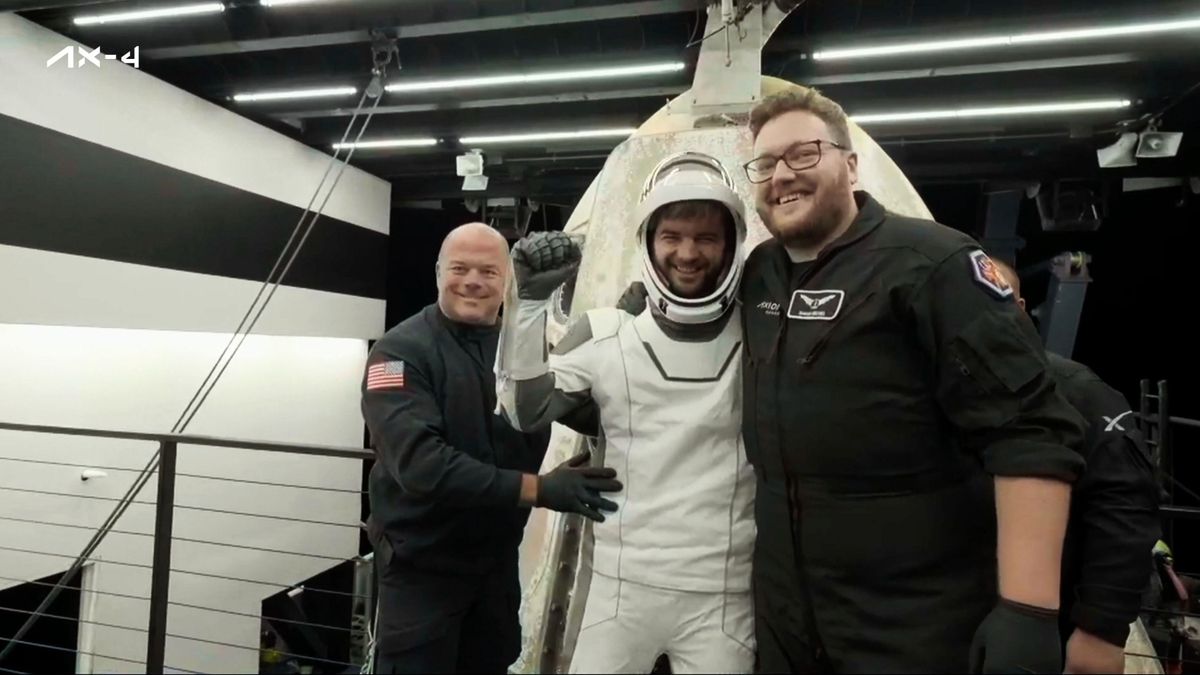
Hungary’s second astronaut also disclosed that he will remain in Houston for more than three more weeks, since he began a two-week rehabilitation period after arrival. That will be followed by another two-week period of sharing experiences with Axiom Space, NASA, and SpaceX. This means he is expected to return to Hungary in mid-August.
Tibor Kapu successfully completed all of his experiments in space. According to him, this was possible because the Hunor (Hungarian to Orbit) space program assembled a highly capable team, and as he put it, he was just a very small piece of the whole. In his words, he simply went there and executed the tasks he had been preparing for.
However, the point is not the number of experiments, but the fact that these experiments hold incredible scientific value,
Tibor Kapu emphasized.
From Above, Only the Boundless Is Visible
“It’s often said that from up there, you don’t see borders,” the astronaut noted. This can be taken both literally and figuratively. In the literal sense, he explained that we Hungarians are lucky because our country is bounded by the Carpathians, so it’s very easy to see where it lies, and Lake Balaton is also clearly visible. Other countries, however, are harder to identify from that vantage point, he added.
Referring to critics of the mission, he said that, in his experience, those who offered support often did so in a way that others could not see, while those with negative opinions made sure that everyone could see.
As for the critics, he added that their numbers may seem large, but that is not the reality, and this reality is visible not only from space. There are far more people who supported him all along.
Kapu Tibor also stressed that without the work of the hundreds or even thousands of people who put energy into this over the past few years, none of it could have happened. He highlighted the Ministry of Foreign Affairs and Trade, as well as Ministerial Commissioner for Space Research Orsolya Ferencz, to whom they owe a great deal — "she was the driving force behind it all." He also mentioned the space program staff, whose numbers have grown significantly recently, and whom he looks forward to seeing again. Finally, he thanked his family and friends.
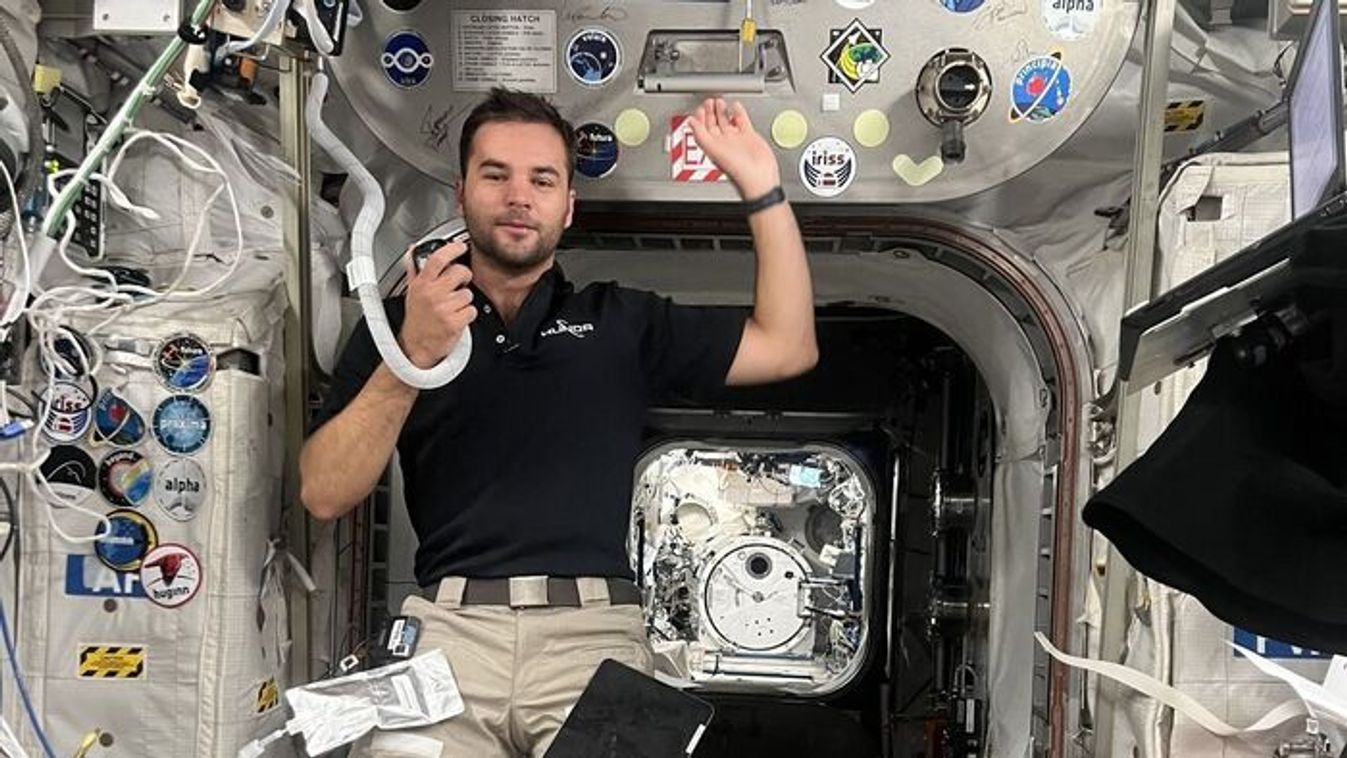

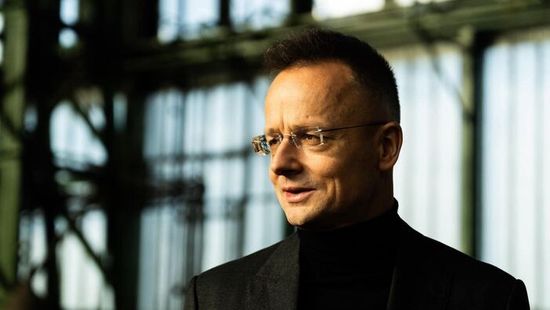
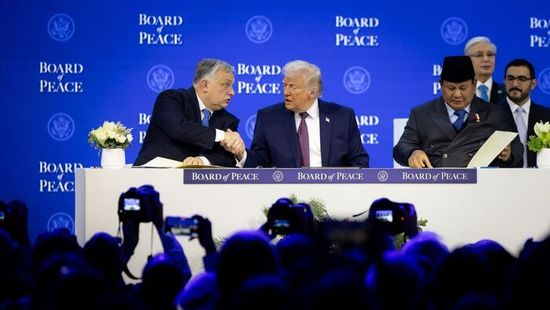
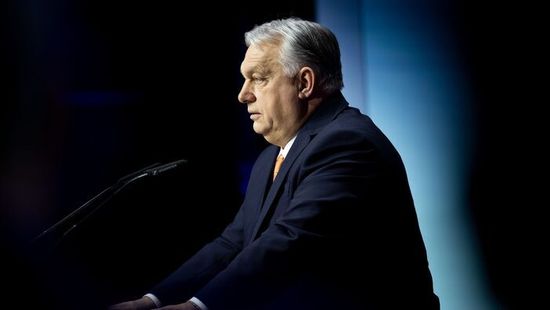

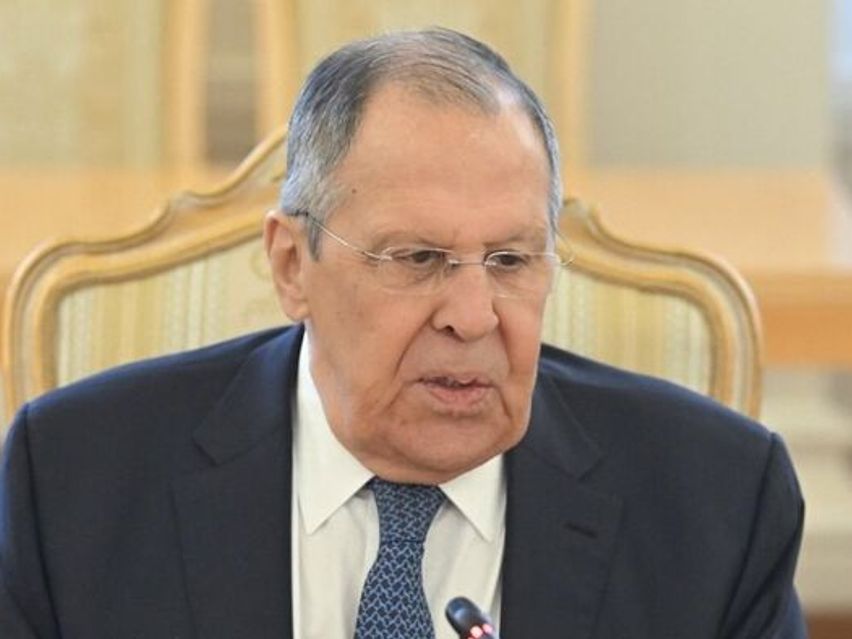
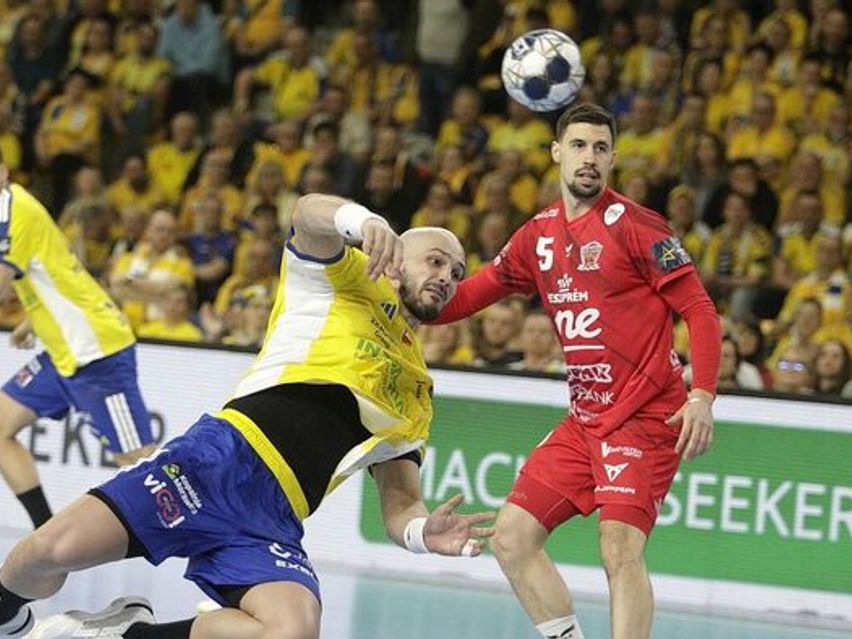
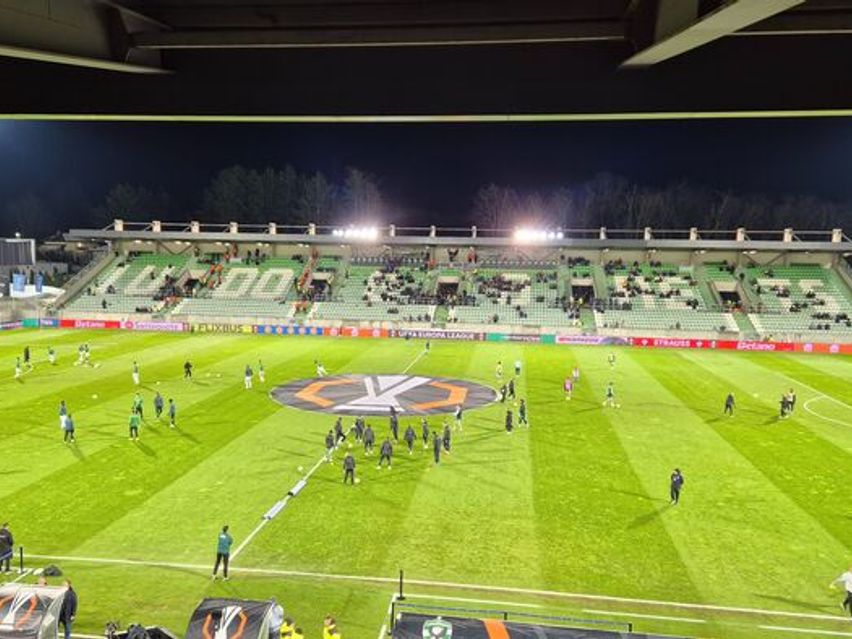
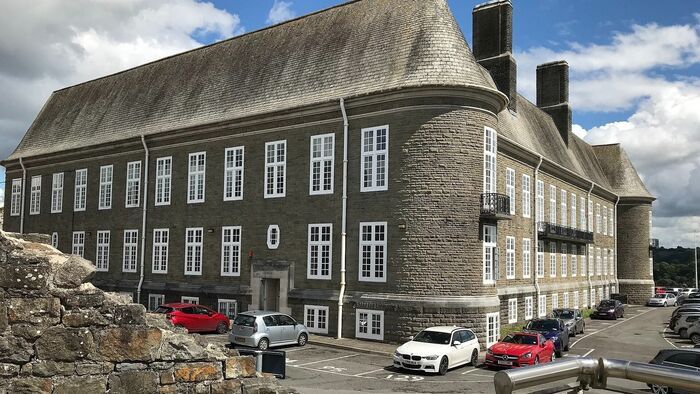

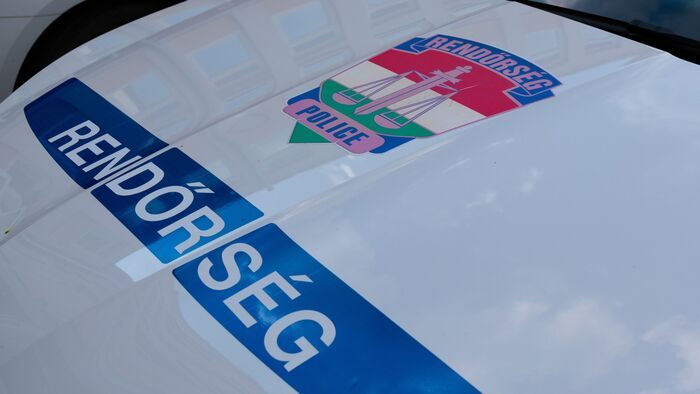
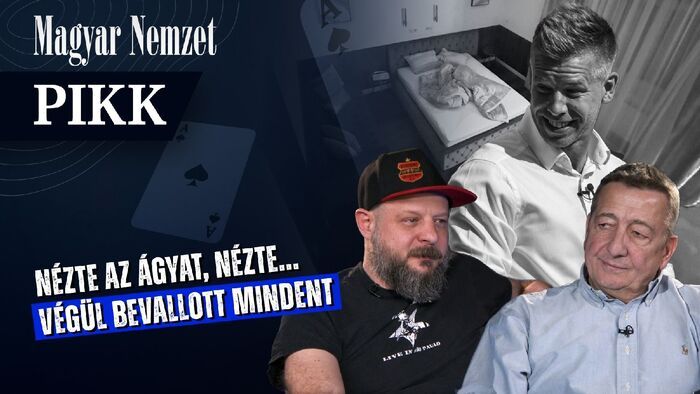
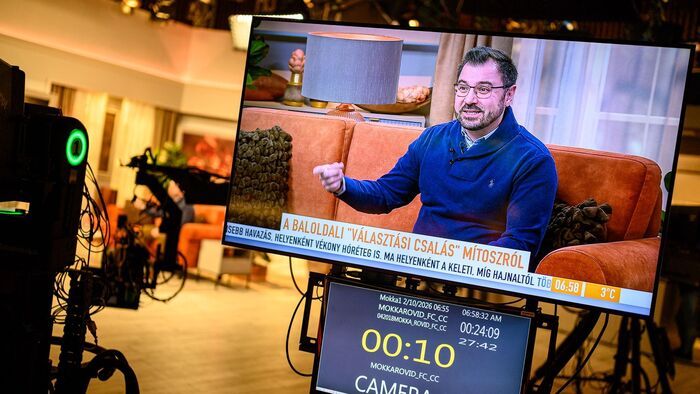
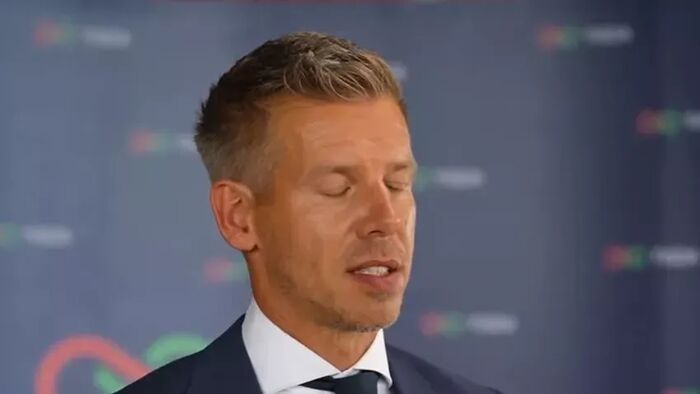
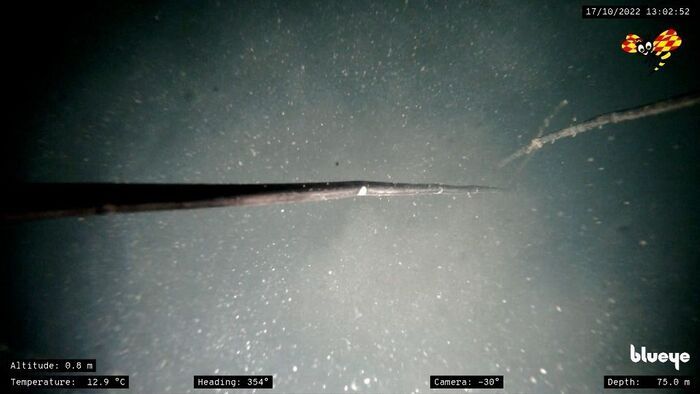
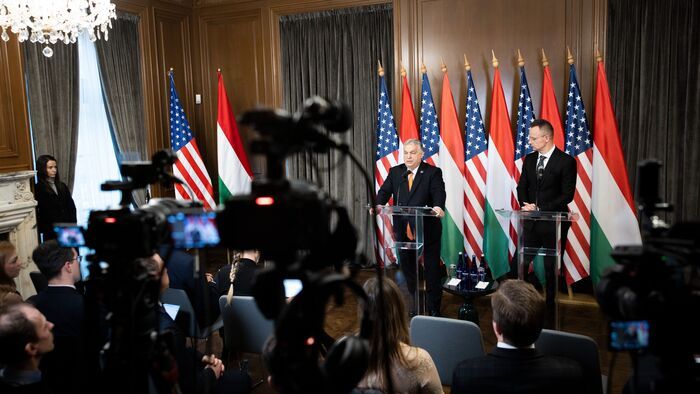
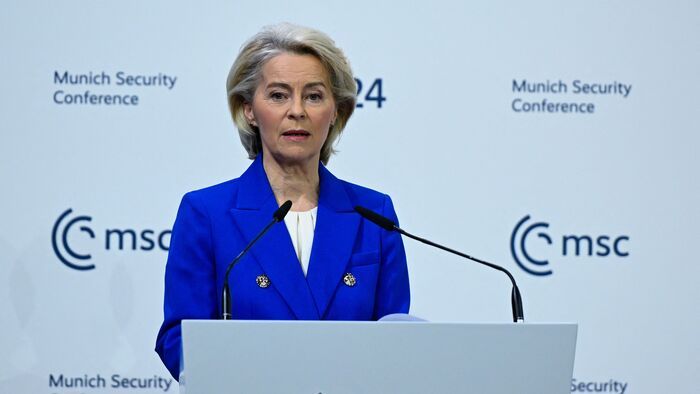

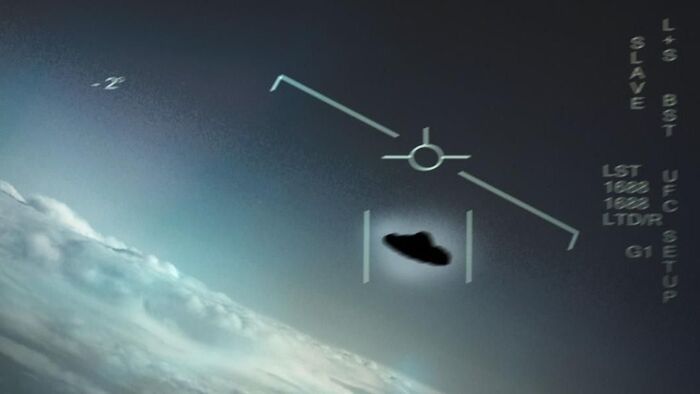
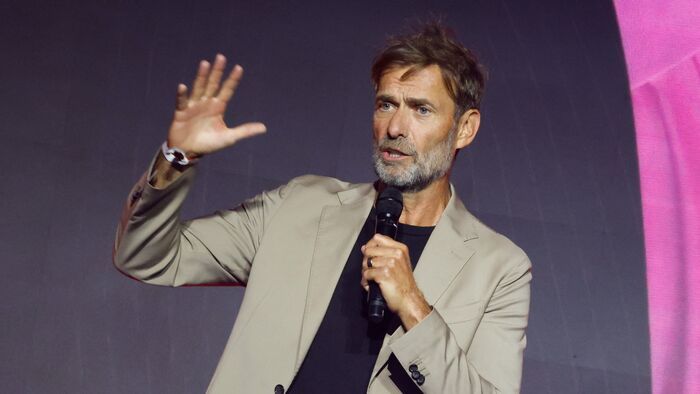
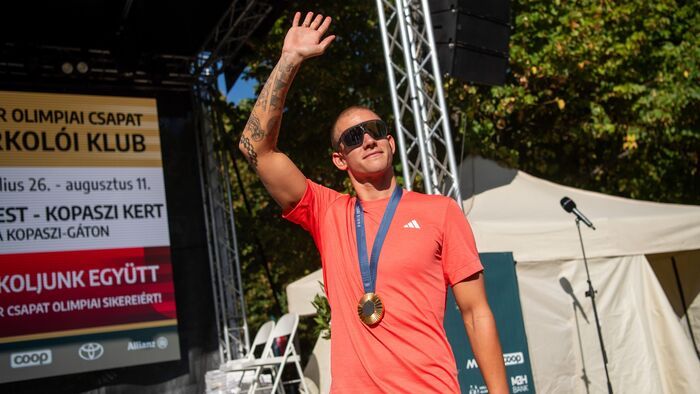

Szóljon hozzá!
Jelenleg csak a hozzászólások egy kis részét látja. Hozzászóláshoz és a további kommentek megtekintéséhez lépjen be, vagy regisztráljon!